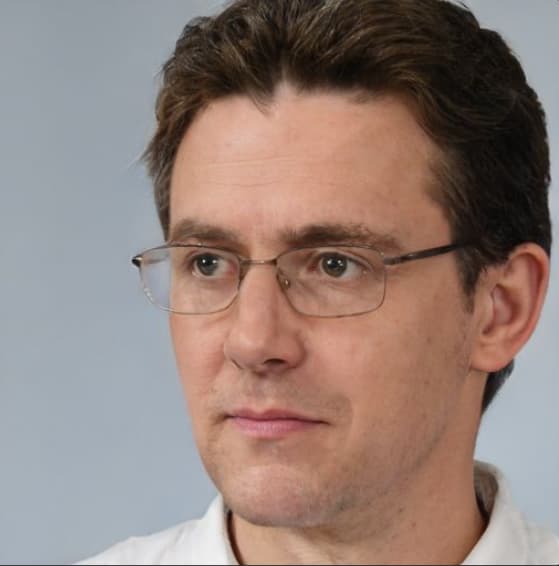Content
According to co-CEO John Mackey, they have developed a high degree of trust that results in better communication and a willingness to work out problems and disagreements when they occur. Our discussion so far has focused mostly on a team as an entity, not on the individuals inside the team. This is like describing a car by its model and color without considering what is under the hood. External characteristics are what we see and interact with, but internal characteristics are what make it work.
- Notice what stage their team is at, helping team members to process and acknowledge the inevitable conflicts and changes during group development.
- Get best practices and sound advice on how to create understanding and work together better.
- They start tolerating the whims and fancies of the other team members.
- It can also help you predict how much additional time your group might need to complete the current project.
- The first stage of team development is forming, which is a lot like orientation day at college or a new job.
It’s not a hard and fast – they go through Stage 1, then Stage 2. It’s more to be aware of these phases and use them to inform your leadership or coaching (and for self-management too!). When you have been on a team, how did you know how to act? How did you know what behaviors were acceptable or what level of performance was required? Teams usually develop norms that guide the activities of team members. Team norms set a standard for behavior, attitude, and performance that all team members are expected to follow.
Views
While those people are still available when we need them, we usually don’t. Most teams today work according to the principles of the agile movement.
What is the norming?
This is the phase where the team really starts to function and work together as a team. Individuals start to understand each others work habits and ethic and everything seems much more natural. Responsibility and roles are much more clearly defined, expectations are set, and collaboration is in full swing.
Self-evaluation process to make groups cooperate more effectively. The point of having a team is to work together. Each person plays a part and has something to contribute. When one person fails to complete a task, the rest of the group suffers.
Forming stage
It is important for team members to develop relationships and understand what part each person plays. At this stage people avoid conflict and “play nice” with each other because they want to be accepted into the group.
Hard work goes hand in hand with satisfaction about the team’s progress. Team confidence makes team roles more fluid and more tasks can be delegated by the facilitator. Problems are prevented or solved as they pop up. As all stages have their own focus, they also correspond to a different set of feelings, behaviours and group tasks. According to Tuckman, raising awareness about the different stages and why things are happening in certain ways could positively influence the team’s process and productivity. Groups are so in-sync during the performing stage that it seems to happen naturally. The most effective and high-functioning teams are cultivated.
Leadership strategies to facilitate successful team development
Team members start to resolve their differences, appreciate colleagues’ strengths, and respect the leader’s authority. Behaviour from the storming and norming phases can overlap for some time when new tasks come up. Emma-Louise November 20, 2019 Hi Emmie, hmmmmm. I’m not aware of any negatives of this theory. This Tuckman’s Team and Group Model just says these are phases a team tends to cycle through.
However, the harmony is precarious, and if disagreements re-emerge the team can slide back into storming. In the adjourning stage, most of the team’s goals have been accomplished. The emphasis is on wrapping up final tasks and documenting the effort and results. As the work load is diminished, individual members may be reassigned to other teams, and the team disbands.

